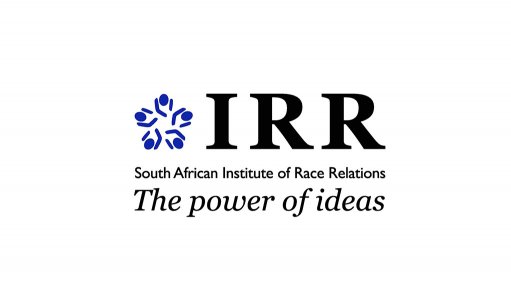
South Africa needs to redesign its land reform policy to pay far more attention to the essential ingredients of entrepreneurship and training, says the Institute of Race Relations (IRR) in a paper published in Johannesburg this week.
Farming is a business, and land is only one of the necessary ingredients, the IRR says in its paper, From Land to Farming: Bringing Land Reform Down to Earth, written by John Kane-Berman, a policy fellow at the IRR.
Elaborating on his paper, Kane-Berman said: "Neither land nor farming should be romanticised. Entrepreneurship is critical to turning an inert and often barren, dry, and rocky piece of land into a productive farm. But land itself is only the starting point: without all the other inputs – from finance for seeds and fertiliser and implements, to water rights, access to markets, and know-how – no farmer will produce very much."
The paper added that training and transfer of skills via agricultural extension services were critical, but that the state had very little capacity to provide them although its expenditure was high by international standards. The government was in fact now beginning to recognise that "no restitution or land reform project can go ahead without a viable business plan, training, mentorship, partnerships and other forms of support".
But where will this come from?
Given its own lack of capacity, the paper says, the government should issue vouchers to enable emerging and developing farmers to buy extension services in the form of technical, financial, and managerial advice from private providers. These could include commercial farmers, black as well as white, along with specialist firms and the various commodity organisations in agriculture. Many established farmers and agricultural organisations were already providing mentorship to aspirant farmers, but a voucher system would enable such mentorships to be greatly expanded, the IRR paper said.
It was essential to tap into the expertise of the private sector, to avoid further land reform failures, the paper said. But goodwill alone was not sufficient: vouchers would generate an income for farmers with expertise to share and skills to transfer.
The cost of vouchers could be financed in part by the training levies collected by the South African Revenue Service on behalf of AgriSeta, the IRR paper said.
Download From Land to Farming: Bringing Land Reform Down to Earth, here.